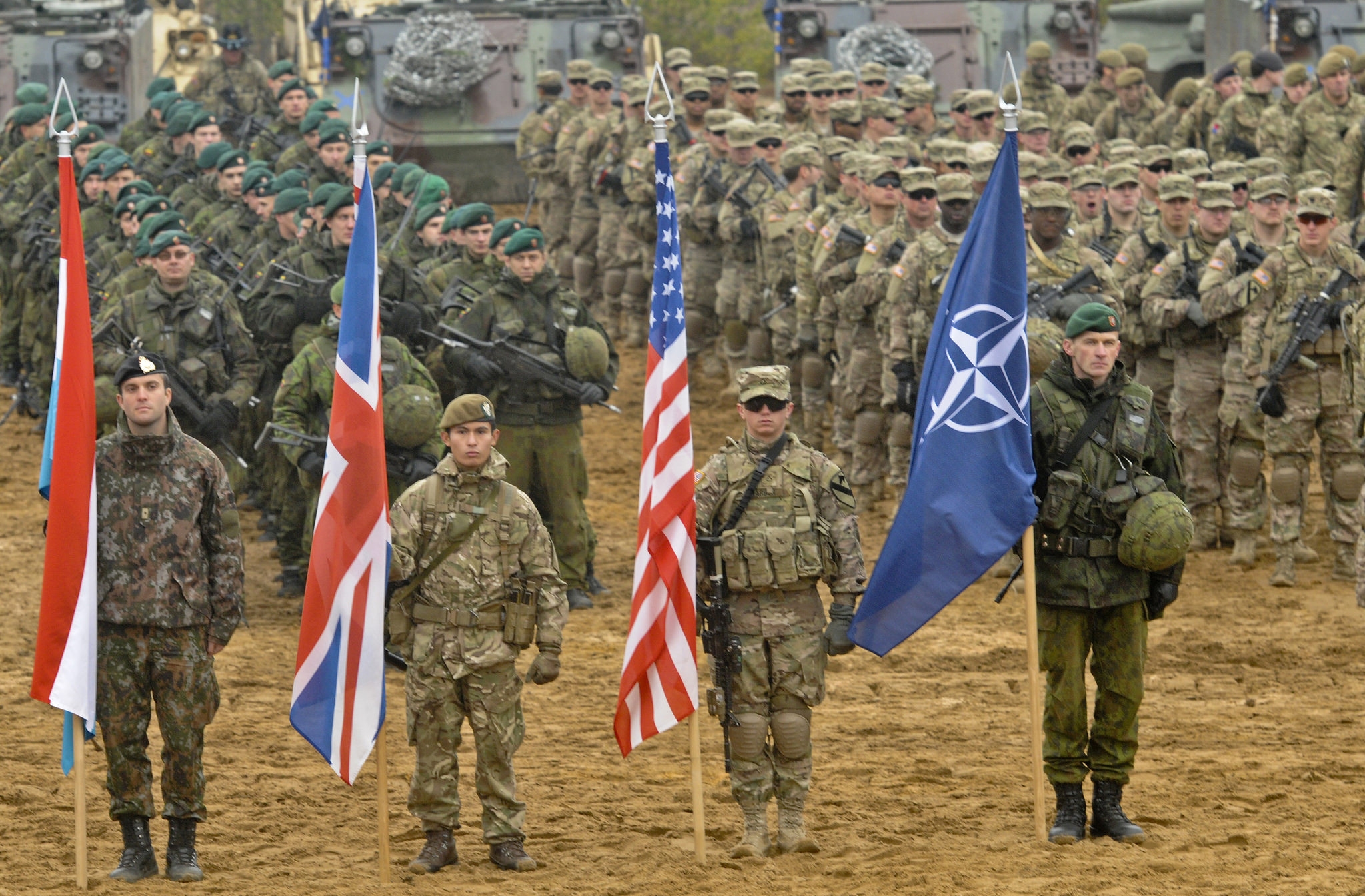The Role of the Army in Modern Society

Introduction
The army, often seen as the backbone of national defense, plays a multifaceted role in modern society. Beyond its traditional function of safeguarding a nation’s sovereignty, the army is increasingly involved in humanitarian efforts, disaster relief, and international peacekeeping missions. This article explores the diverse roles of the army, its significance in contemporary times, and the challenges it faces.
Main Body
Key Functions: Defense and Security
The primary duty of the army is to protect the country from external threats. This includes defending against potential invasions, deterring aggression from other nations, and ensuring national security. The army is equipped with advanced technology and trained personnel to respond to various threats, from conventional warfare to cyberattacks. The strategic importance of a strong military presence cannot be overstated, especially in an era marked by geopolitical tensions.
Humanitarian Assistance: Beyond Combat
In addition to its defense responsibilities, the army plays a crucial role in humanitarian missions. During natural disasters, such as hurricanes or earthquakes, military personnel are often among the first responders. Their training enables them to provide essential services, such as search and rescue operations, medical assistance, and logistics support. For instance, the U.S. Army Corps of Engineers has been pivotal in rebuilding infrastructure after disasters, demonstrating the army’s versatility in serving communities.
International Peacekeeping: A Global Presence
The army also contributes to international peacekeeping efforts, collaborating with organizations like the United Nations. Peacekeeping missions aim to stabilize regions affected by conflict, protect civilians, and support the establishment of democratic institutions. Soldiers deployed in these missions often face significant risks, yet their presence can be crucial in preventing further violence and fostering long-term stability.
Challenges: Adapting to Change
Despite its vital roles, the army faces numerous challenges. Rapid technological advancements necessitate continuous adaptation and training. The rise of cyber warfare, for example, requires soldiers to develop skills in information technology and cybersecurity. Additionally, public perception of the military can vary, influenced by global politics and individual experiences with military interventions. Maintaining public trust and ensuring ethical conduct in operations are ongoing concerns.
Conclusion
The army remains a cornerstone of national security and plays an essential role in humanitarian efforts and international stability. As society evolves, so too must the army, adapting to new threats and expectations. Understanding the army's diverse functions and challenges fosters greater appreciation for its contributions to both national and global communities. As we look to the future, a strong, adaptable military will be crucial in navigating the complexities of modern threats and ensuring a safer world.

- Art
- Causes
- Crafts
- Dance
- Drinks
- Film
- Fitness
- Food
- Giochi
- Gardening
- Health
- Home
- Literature
- Music
- Networking
- Altre informazioni
- Party
- Religion
- Shopping
- Sports
- Theater
- Wellness


